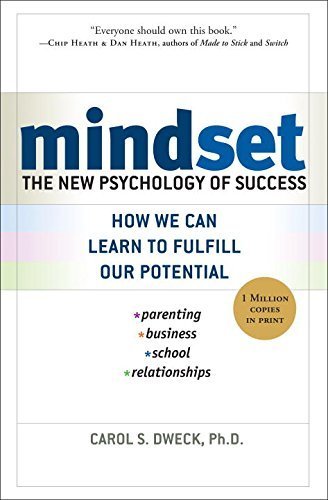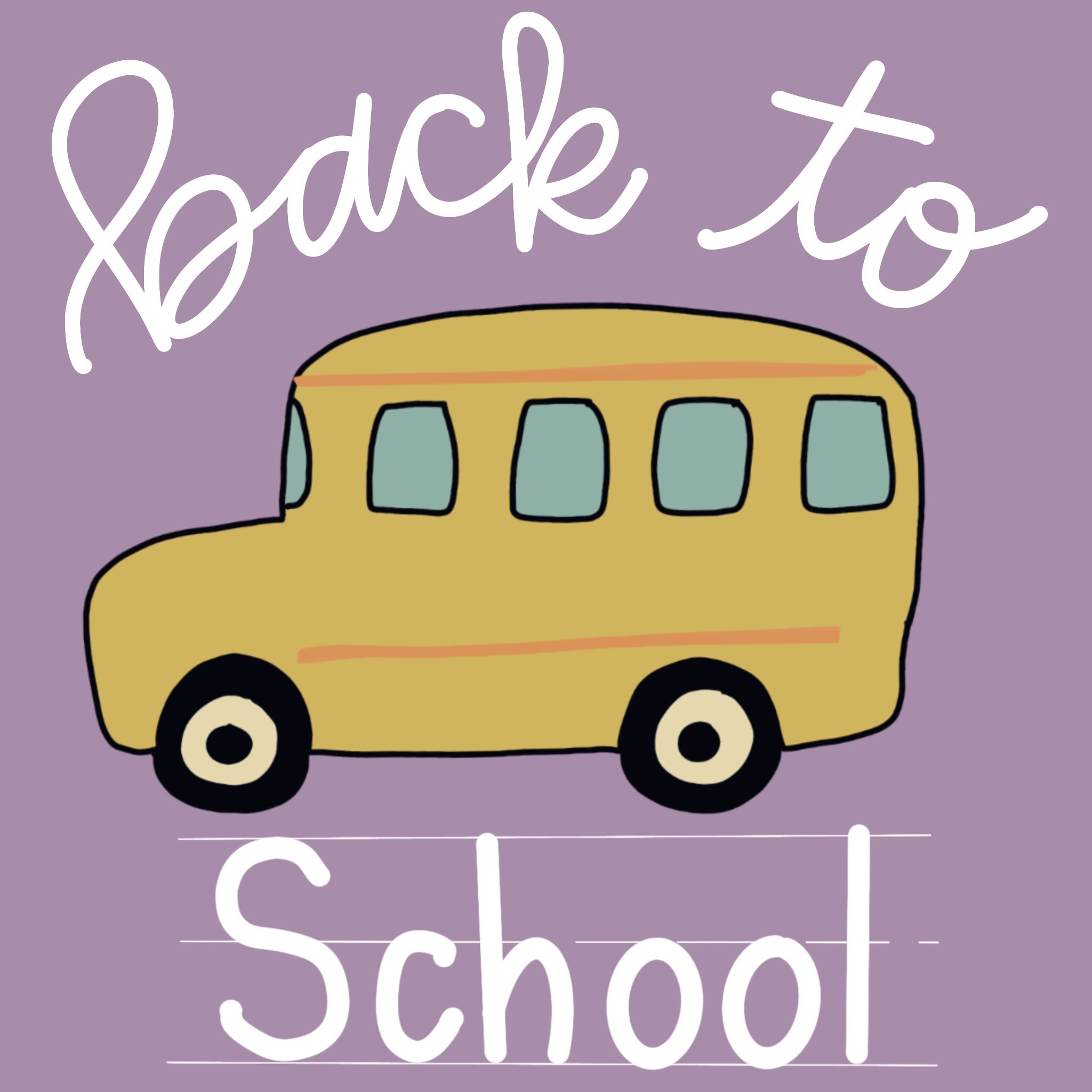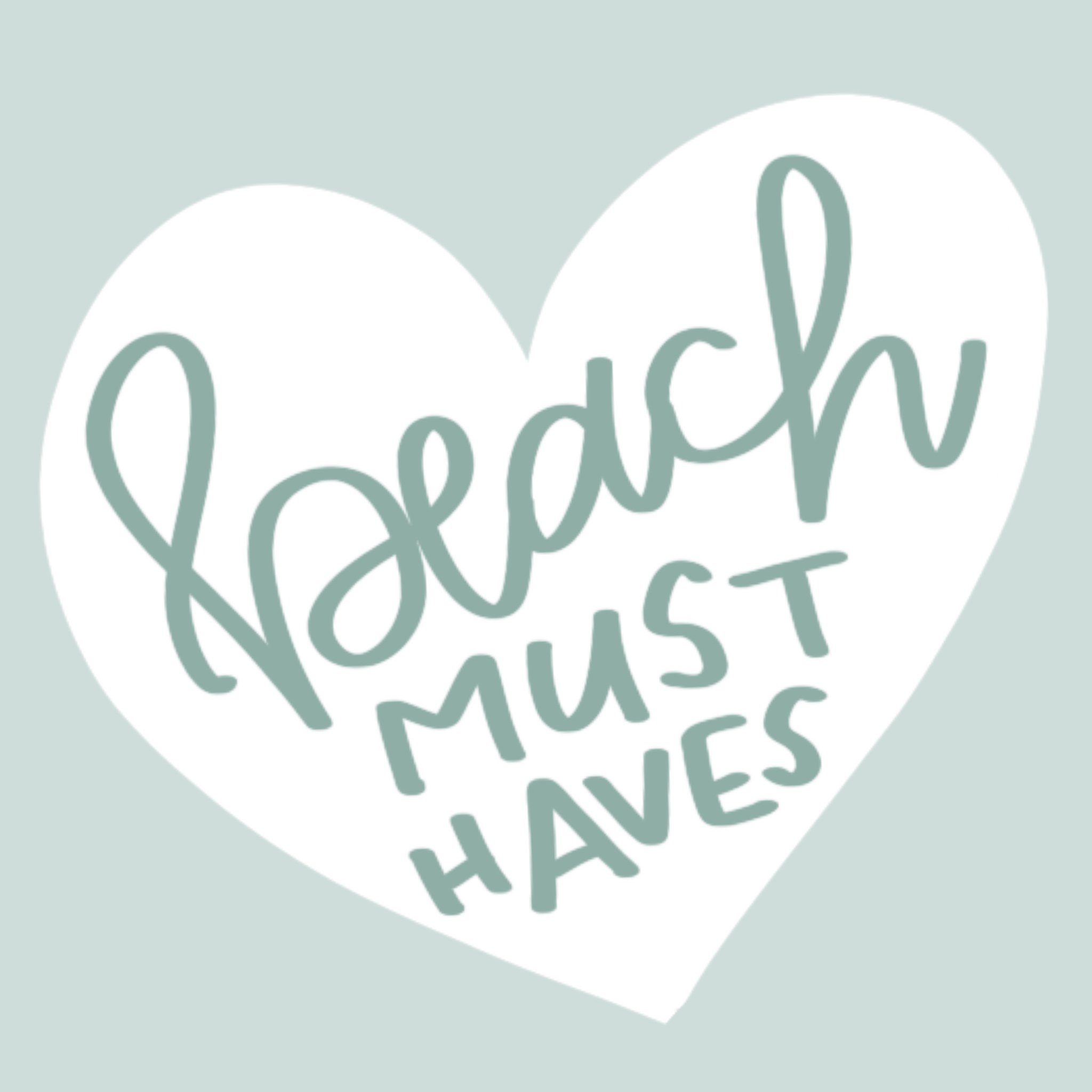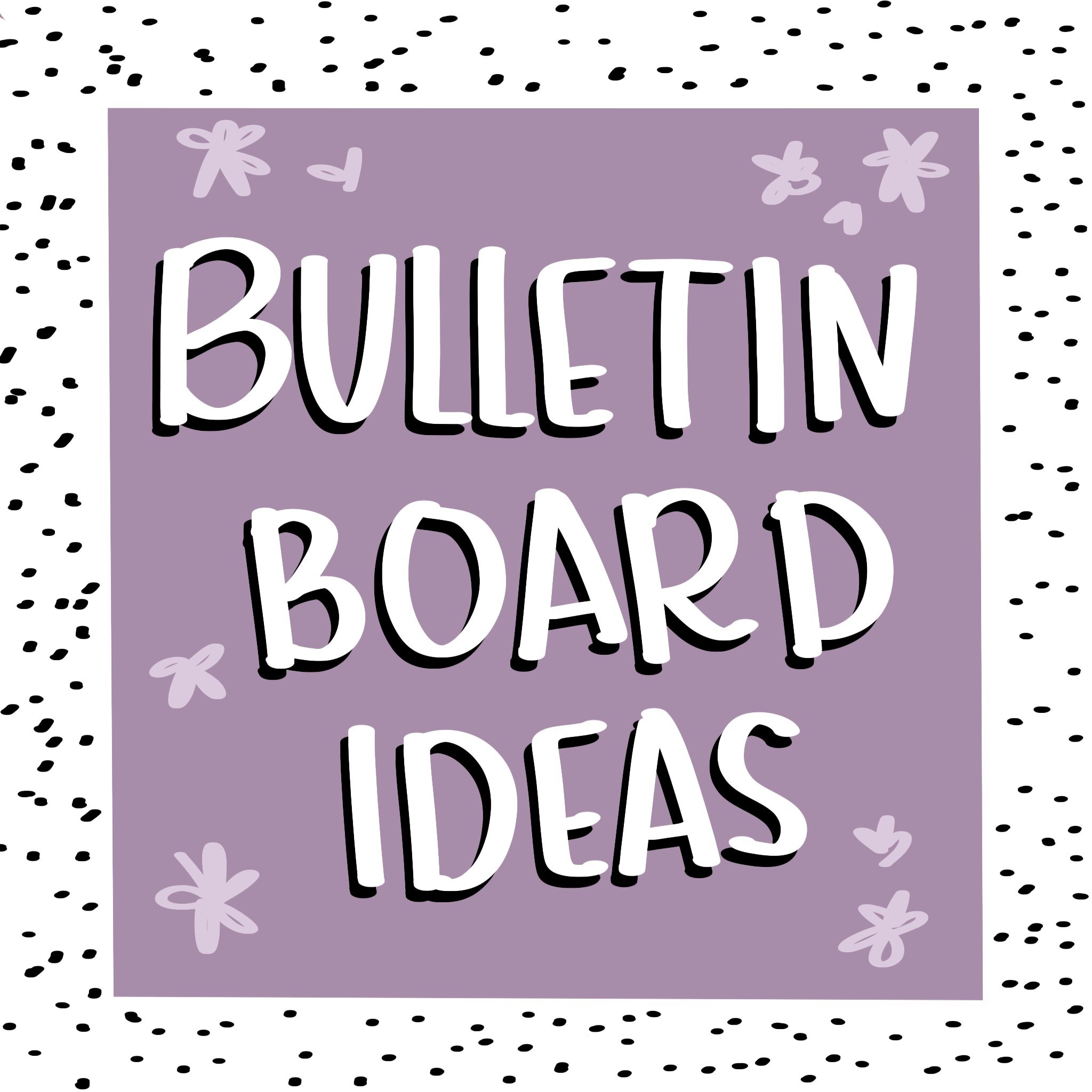What teaching books are actually helpful?
Maybe it’s the teacher in me, but I LOVE books about the craft of teaching. So, while the summers are most definitely filled with some YA romcoms and regency era romances, I also enjoy squeezing in a teacher text or two to chew on before the new year.
I have compiled a list of my favorite go-to’s and some that are on my Teacher TBR list (“to be read”… I learned that acronym from Goodreads). These books cover a range of topics, from classroom management to teaching strategies, fostering positive relationships with students, and developing a growth mindset.
One caveat: some of these books are thickkk, like college textbook thick (heck, one was one of my graduate textbooks). I learned something very important this year. Unless it is a college textbook for a class you are taking… you won’t be tested on it. You don’t have to read it cover to cover. Hello, breakthrough. In case you need to hear this like I did - I give you permission to skim and just read the chapters that hold value and interest to you. (Dear Goodreads, please don’t come after me for saying that).
Happy reading!
Teacher Books Worth Reading:
(Click on the image to read more about it!)
"The First Days of School: How to Be an Effective Teacher" by Harry K. Wong and Rosemary T. Wong
This book provides practical guidance for new teachers on how to establish a positive learning environment, create effective lesson plans, manage classroom behavior, and build strong relationships with students, parents, and colleagues. However, I have found myself revisiting chapters years into my career! It’s laid out so well and is such a quick, easy to digest read.
Every Student, Every Day shares the lessons, mindsets, beliefs, strategies, and classroom expectations these high-performing teachers use daily to optimally support the needs of every student they serve. I worked through this book with a new teacher that was struggling with confidence in classroom management and it had so many tips that I wish I had read years ago. One of my favorites compared behavior to a fire - we didn’t start the fire but our behavior and what we bring to the fire has an effect - are we adding fuel, nothing, or helping it to cool? Textbook style book.
“Conscious Discipline Building Resilient Classrooms" by Dr. Becky A. Bailey
Conscious Discipline: Building Resilient Classrooms introduces a revolutionary classroom approach to Social & Emotional Learning (SEL) by addressing the adult’s mindset and skill set first, and then empowering adults to effectively teach life-changing SEL skills to children. Educators and caregivers learn how to build equitable classrooms and schools that emphasize safety and connection, providing an optimal learning environment for every child. Similar to No-Nonsense Nurturer - a great book when it comes to reframing your thinking about behavior and management.
Emdin shares his experiences and insights as an urban educator, offering a critical examination of traditional teaching methods and proposing a reality pedagogy that bridges the gap between urban students' cultural experiences and academic learning. I mean, if that title doesn’t grab you then… This was a helpful book to me as I got started in an urban learning environment and I think many people who look like me could learn a lot from this text.
Designed for new educators, this award-winning book covers the basic strategies, activities, and tools teachers need to know in order to succeed in the classroom. It contains material on essential topics including: classroom management (how to prevent or minimize disruptions), sustaining professional growth, differentiated instruction, nurturing a growth mindset, and much more. This is a gold mine of strategies. My checklist-loving-self loves the workbook pages included. While written with new teachers in mind, there are so many ideas that were helpful even 10 years into education.
In this book, Lemov shares a collection of highly effective teaching techniques used by successful educators. Each technique is described in detail with examples and tips, helping teachers improve their instructional strategies and engage students in meaningful learning. I read this book with my staff a few years ago and it is a prime example of that “dense” I mentioned BUT if you don’t go into it reading cover-to-cover, it is a great option to skim and focus on just a few strategies at a time.
"The Classroom Management Book" by Harry K. Wong and Rosemary T. Wong:
This book provides practical strategies for effective classroom management, including establishing routines, addressing behavior issues, promoting student engagement, and fostering a positive learning environment. It offers practical tips and techniques to help teachers create a well-managed classroom. Wong writes in a way that is so accessible and easy to read. I find that classroom management is an area that many teachers are told they need to “tighten up” without being given resources so this is an easy read with lots of practical ideas to try out.
"The Differentiated Classroom: Responding to the Needs of All Learners" by Carol Ann Tomlinson:
Tomlinson presents a framework for differentiated instruction, which involves tailoring teaching methods, content, and assessments to meet the diverse needs of students. The book offers strategies for creating a responsive classroom environment and providing differentiated instruction to support every learner. This in many ways will feel like a callback to your college courses but it is helpful and necessary. ALL of our classrooms could benefit from differentiated instruction.
"The Book Whisperer: Awakening the Inner Reader in Every Child" by Donalyn Miller:
Miller shares her experiences and insights as a teacher who successfully instilled a love of reading in her students. She offers practical strategies for creating a reading community, fostering a love for books, and encouraging independent reading among students. I love pairing this book with all of the new Science of Reading texts. In education, we have to continually make sure we are finding the balance between teaching phonics and also letting students discover the joy in reading.
"Mindset: The New Psychology of Success" by Carol S. Dweck
Dweck's book explores the concept of mindset and its impact on learning and achievement. She discusses the difference between a fixed mindset and a growth mindset and provides insights on how teachers can foster a growth mindset in their students to promote resilience, effort, and a love for learning. Growth mindset can be a bit of a buzz phrase in education so this is not only a good introduction to a term you will definitely run into but it is also a buzz phrase for a reason :)
Books that are on my TBR (“to be read”) list that come highly recommended:
"What Great Teachers Do Differently: 17 Things That Matter Most" by Todd Whitaker
Whitaker explores the key practices and mindsets that distinguish great teachers from the rest. He emphasizes the importance of building positive relationships with students, setting high expectations, and constantly seeking professional growth and improvement.
"The Growth Mindset Coach: A Teacher's Month-by-Month Handbook for Empowering Students to Achieve" by Annie Brock and Heather Hundley
This practical guide offers month-by-month strategies and activities to help teachers foster a growth mindset in their students. It provides lesson plans, reflection questions, and classroom examples to support educators in developing a culture of growth and improvement.
"Culturally Responsive Teaching and the Brain: Promoting Authentic Engagement and Rigor Among Culturally and Linguistically Diverse Students" by Zaretta Hammond
Hammond explores the connection between culturally responsive teaching and brain-based learning. She offers practical strategies to engage and support culturally diverse students, tapping into their prior knowledge and creating inclusive learning environments.
"Why Don't Students Like School?: A Cognitive Scientist Answers Questions About How the Mind Works and What It Means for the Classroom" by Daniel T. Willingham:
Willingham, a cognitive scientist, explores the principles of learning and how they can be applied in the classroom. He provides insights into how the mind works, why students sometimes struggle with learning, and offers practical suggestions for engaging students and promoting effective learning.
"The Essential 55: An Award-Winning Educator's Rules for Discovering the Successful Student in Every Child" by Ron Clark
Ron Clark, an award-winning teacher, outlines 55 essential rules for creating a positive and successful learning environment. These rules cover various aspects, including manners, behavior, respect, and responsibility, and are designed to help teachers set high expectations and cultivate a culture of success in the classroom.
"The Art of Coaching: Effective Strategies for School Transformation" by Elena Aguilar:
Aguilar provides a comprehensive guide to instructional coaching, offering strategies and techniques for supporting teachers' professional growth. The book covers topics such as building relationships, conducting effective coaching conversations, and promoting reflective practice to drive positive change in schools.
These are just a few of my favorites - what books would you add to the list?
Note: If you buy something through our links, we may earn an affiliate commission at no cost to you. Don’t worry. We only recommend things we truly like and want to share with you. Thanks so much for your support!























